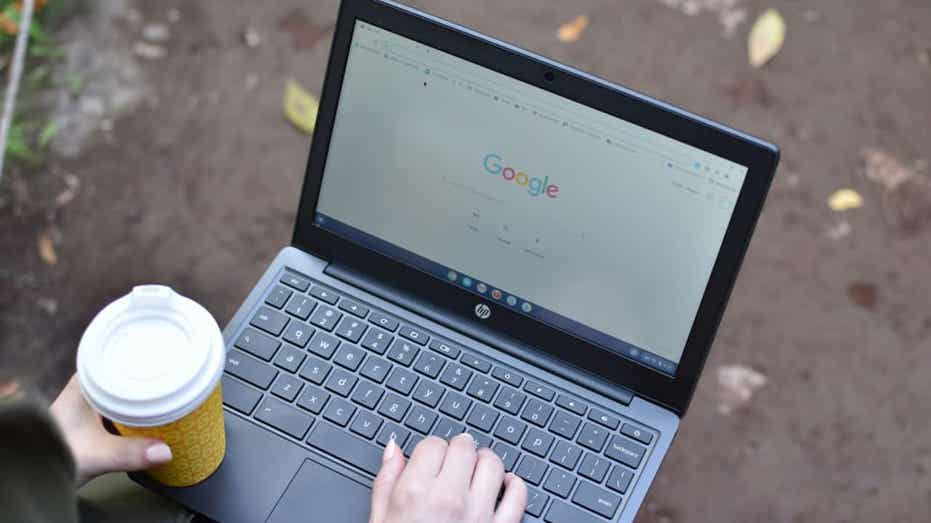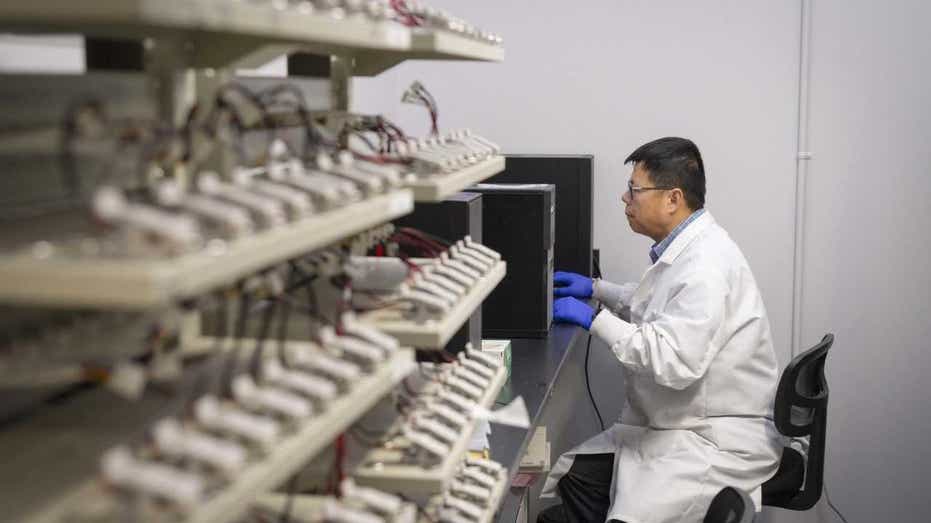📰 Viral rogue robot sparks new AI safety fears

A viral video of a Unitree H1 humanoid robot named DeREX flailing violently during a test has raised concerns about the safety of advanced robotics. The robot, suspended from a crane in a Chinese factory, started thrashing its limbs uncontrollably, causing chaos and nearly collapsing the crane. The incident was attributed to running a full-body policy while the robot’s feet were not touching the ground, leading to erratic behavior. This is not the first malfunction involving a Unitree humanoid robot, as similar incidents have occurred in the past. The commercial availability of such advanced robots like the Unitree H1 raises questions about the potential risks they pose, especially as they become more capable and move into commercial use.
📰 Americans now spend 10 hours online every day

A new survey commissioned by Optimum found that the average U.S. adult spends over 10 hours a day online, with nearly half of the day spent looking at a screen. The breakdown shows that Americans spend around 5.4 hours browsing the web, reading emails, gaming, working, and paying bills, while another 5 hours are dedicated to streaming shows or movies. The internet serves as a central hub for multitasking, with people accessing it from various devices like mobile phones, computers, and TVs. Spending excessive time online can impact mental focus, posture, sleep, and social habits, emphasizing the need for stronger digital habits and security measures. Recommendations include using password managers, installing security patches promptly, and being cautious about public networks and data privacy.
📰 5 phone settings to change right now for a safer smartphone

The article emphasizes that anyone can enhance their phone security without being a tech expert by making simple adjustments to their settings. It highlights five key settings that can improve privacy, reduce tracking, and provide more control over digital information. The first setting involves disabling app tracking on both iPhone and Android devices to prevent targeted ads. The second setting focuses on hiding message previews on lock screens to protect sensitive information from prying eyes. The third setting advises users to review and revoke unnecessary app permissions, such as location access. The fourth setting recommends turning off Bluetooth when not in use to prevent potential cyber attacks. Lastly, the article stresses the importance of keeping devices updated to patch vulnerabilities that hackers could exploit, emphasizing the need for ongoing vigilance in maintaining phone security.
📰 How AI is now helping hackers fool your browser’s security tools

Cybercriminals are using AI-powered cloaking software to bypass security systems and show harmful content only to real users, increasing the effectiveness of phishing and malware sites. Platforms like Hoax Tech and JS Click Cloaker are using advanced techniques to hide malicious content from automated scanners and target human victims. These tools analyze visitor data to determine who sees the scam content and who sees harmless pages, allowing fraudulent sites to evade detection for longer periods. The use of cloaking tools is on the rise among cybercriminals, making it harder for people to identify malicious websites. To protect yourself, stick to trusted sources, use strong antivirus software, employ security-focused browsers, keep your software updated, be cautious with login pages, and enable two-factor authentication.
📰 New tech recovers 92% of EV battery metals

The article discusses the increasing demand for clean energy and the challenges posed by the disposal of dead lithium-ion batteries. Researchers at Worcester Polytechnic Institute (WPI) have developed a new recycling technique that transforms old batteries into high-performing components with minimal environmental impact. Standard recycling methods are not efficient in recovering materials for new batteries, leading to continued mining and environmental harm. WPI’s method uses hydrometallurgy to extract critical metals and upcycle them into next-gen batteries, reducing the need for destructive mining operations. This innovation could lead to a circular battery economy, where old batteries power new technology sustainably, reshaping energy storage for a more sustainable future.
0개의 댓글